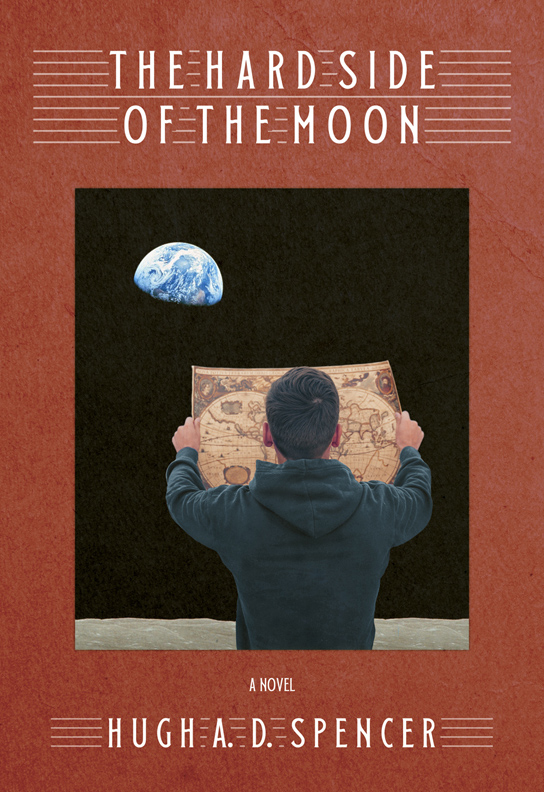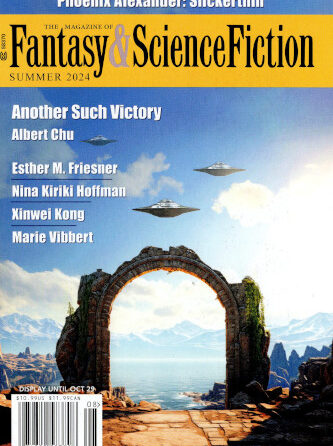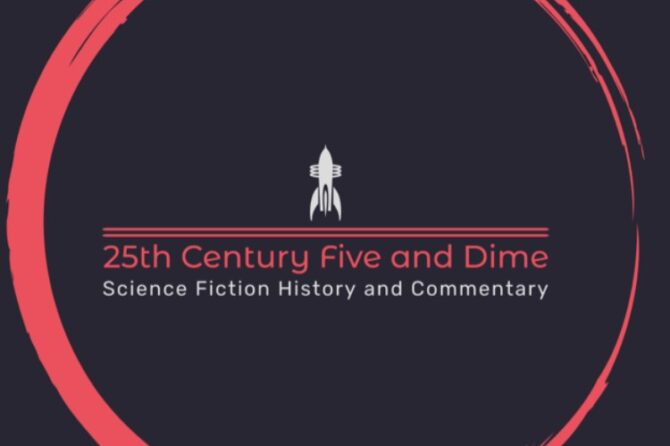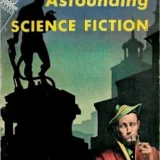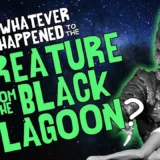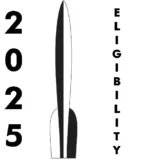It is 2017. A woman named Signe sails her beloved boat across the treacherous waters of the North Sea from her hometown in Norway to the idyllic city in France where her ex-lover lives. She has something to show him. Something about the life with her—and the survival of the world—that he has thrown away.
It is 2041. David and his young daughter Lou arrive at a refugee camp in Bordeaux. Their home in Southern France is in flames, besieged by years of drought that even the desalination factories can’t redress. David is sure his wife and baby son will find them there, is sure it will rain any day now. He just has to keep Lou distracted in the meantime.
It is 2020. The English translation of Norwegian author Maja Lunde’s sophomore novel, The End of the Ocean, is released as massive fires sweep Australia, destroying communities and ecosystems in their wake, and pumping 400 million tons of carbon into the atmosphere. Temperatures rise, precipitation patterns shift. Sea levels rise as ice sheets melt. Somehow, we are still calling this science fiction. Lunde’s novel attempts to provide a new way of seeing these horrors, one that recognizes the duality of a humanity that both forged and seeks to remedy their own destruction, sometimes simultaneously.
The End of the Ocean is told in alternating perspectives. As seventy-year-old Signe fights a massive storm in her little sailboat, she reflects on her privileged childhood and the destruction of her local ecosystems that called her to arms. She addresses her thoughts to Magnus, her ex-lover and former confidant, the man she saw as her savior and who she hoped would help her save the world. In the future timeline, David and Lou struggle to make a life in the refugee camp, painstakingly waiting for the reunion of their broken family. Next to an abandoned house, they discover a sailboat and begin to imagine a life on it: befriending dolphins, weathering storms, sailing all the way to the end of the ocean. But the camp has stopped receiving supplies. Tensions rise to match the temperature. And it still hasn’t rained, still hasn’t filled the canal that will sweep them away in their new boat.

The end of The End of the Ocean (without spoiling particulars) is ambiguous. Despite the devastation of the planet, I think the author intended the ending to be bittersweet and hopeful on some level—look at the tenacity of the human spirit, she seems to say, look at how love survives. Two things shook me out of my ability to believe her, though: her focus on the nuclear family at the expense of community, and the limited perspective of the white European protagonists.
I aim to review this book rather than reviewing the book that I wish it was. A good philosophy of criticism in general, I think!—but one that I struggled with in this particular case. It’s hard to shake the feeling that we need books like this in the current moment—ones that wake us up to the human consequences of a phenomenon we largely write off as theoretical, that allow us to empathize with the self-righteousness of activists and the tribal instincts of industrialists alike. And so when I critique the whiteness and heteronormativity of The End of the Ocean, it is not because I don’t think there’s room for stories like these—a global catastrophe like climate change affects all of us, and the message that we should care, that we should keep fighting, is one that we should all heed. But so many of this book’s conclusions rang hollow in light of current events; and its choice to focus on the plight of the white nuclear family ultimately made its message more cynical than I think its author intended.
Westerners striving to make the world better “for their families” has been used to justify centuries of atrocities, rapid and catastrophic industrialization among them. A lovely scene in the novel actually explores this idea, where Signe and Magnus use the same argument of futurity to justify their polar-opposite views. Turns out saving your family is a fairly sticky subject depending on how many generations ahead you consider “yours!” Lunde is well aware of this critique, even as she weirdly seems to uphold heterosexual futurity as inevitable. Despite the seeming acknowledgement that in order to save the world, we need to think of something bigger than “our children’s future,” couples are paired off at novel’s end and nuclear families change shape but maintain integrity. Any potential community or collective movement is stopped in its tracks. We are all on our own.
Not to mention the other side of the “our children’s future” argument: the industrialization that precipitated the climate crisis is not the only horror this argument has justified. Climate change and industrialization are undeniably and inextricably tied to imperialism and racism. Limiting the novel’s perspective to the struggle of white Europeans means there is no recognition of this connection; at no point do we witness what is already true about the climate crisis: that some communities are affected more than others, some will be aided more than others, and it is not a cosmic accident that this falls along racial and economic lines. Also, there is something generally tone-deaf about showing the destabilization and dehumanization of a refugee camp without acknowledging who is actually occupying them in 2020 (hint: not white Europeans). Again, not inherently bad, just tone-deaf.
When it comes to climate change, listening to the voices of native and indigenous people will save us. Building solidarity across communities and across movements will save us. I think I simply do not have room in my heart for an isolationist story like The End of the Ocean, in which characters perceive themselves as alone in their fight for justice. Not every story needs to be hopeful, not by any means. This book was written as a warning and in that way it accomplished its goal. But to say that family is more lasting than community is a lie. To portray an activist movement that is personally destructive and doomed to fail is not only cynical, it’s a denial of our own history. To incite grief for the future while evading the realities of imperialism in our past and present is not, I think, particularly inspired or inspiring. The End of the Ocean is lovingly crafted (if you didn’t want to visit Norway before, you will now!) and it has much to say about the resilience of humanity—but it is not for me, not in 2020.
The End of the Ocean, translated by Diane Oatley, is available from Harpervia.
Em Nordling reads, writes, and manages research in Louisville, KY.

